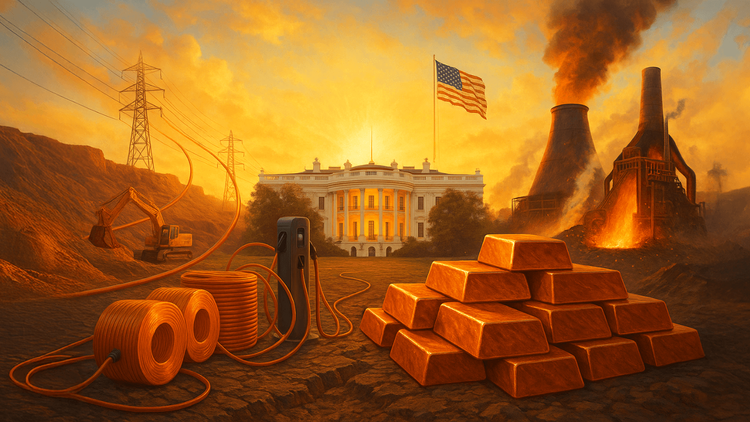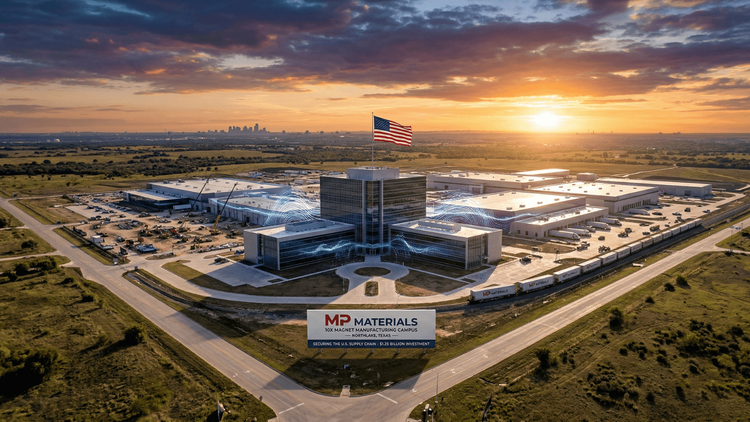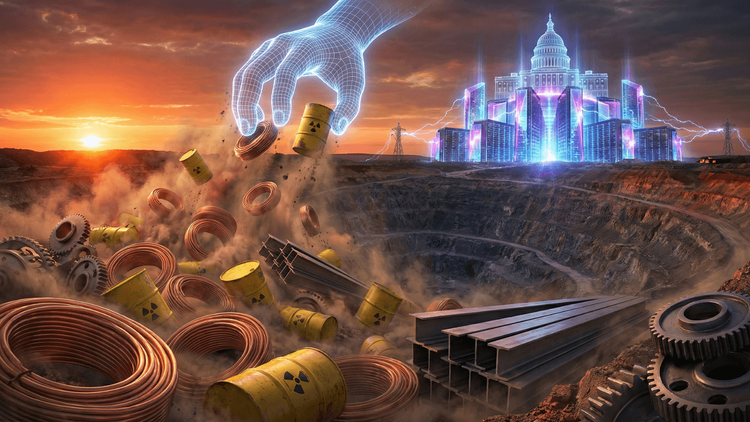Trump Adds Copper and Met Coal to America’s Critical Minerals Arsenal
A major shift in U.S. resource strategy as Washington elevates copper and metallurgical coal to national security priority status.

The United States marked a major shift in its resource strategy this week as the Trump administration officially expanded the nation’s critical minerals list to include copper and metallurgical coal. Presented as an essential step toward strengthening national security, reshoring industrial capacity, and reducing reliance on foreign suppliers, the move signals a renewed push to supercharge domestic mining.
The decision adds copper, one of the most universally needed industrial metals, and metallurgical coal, the carbon dense fuel required to make steel, to a roster that guides federal investments, permitting pathways, stockpiling priorities, and incentives for private developers. With geopolitical competition rising and global supply chains strained, the administration says the updated list will serve as a blueprint for protecting the country’s long term economic and industrial backbone.
Why Copper Is Now Considered Critical
Copper’s inclusion is widely considered the most consequential change. The metal is used in nearly every electrical system on earth and is indispensable to electric vehicles, wind and solar installations, advanced electronics, power transmission lines, and data centers. As the digital economy expands and electrification accelerates, demand for copper has surged to levels that experts warn may outpace supply for years.
The United States relies heavily on imports at a time when China controls a dominant share of the world’s refining capacity. That reality, combined with the Biden era incentives under the Inflation Reduction Act, set the stage for an industry push. Freeport McMoRan, America’s largest copper miner, had long advocated for the designation, arguing that lower ore grades in US deposits sharply increase production costs, making federal support essential to maintaining competitiveness.
Kathleen Quirk, Freeport’s CEO, made the case earlier this year that the country’s copper resources are too important to overlook. She noted that the company could generate more than five hundred million dollars annually in IRA related tax credits if copper received critical status. With the new designation now in place, the company’s US operations may finally see the economic stability and investment incentives needed to compete with global producers.








